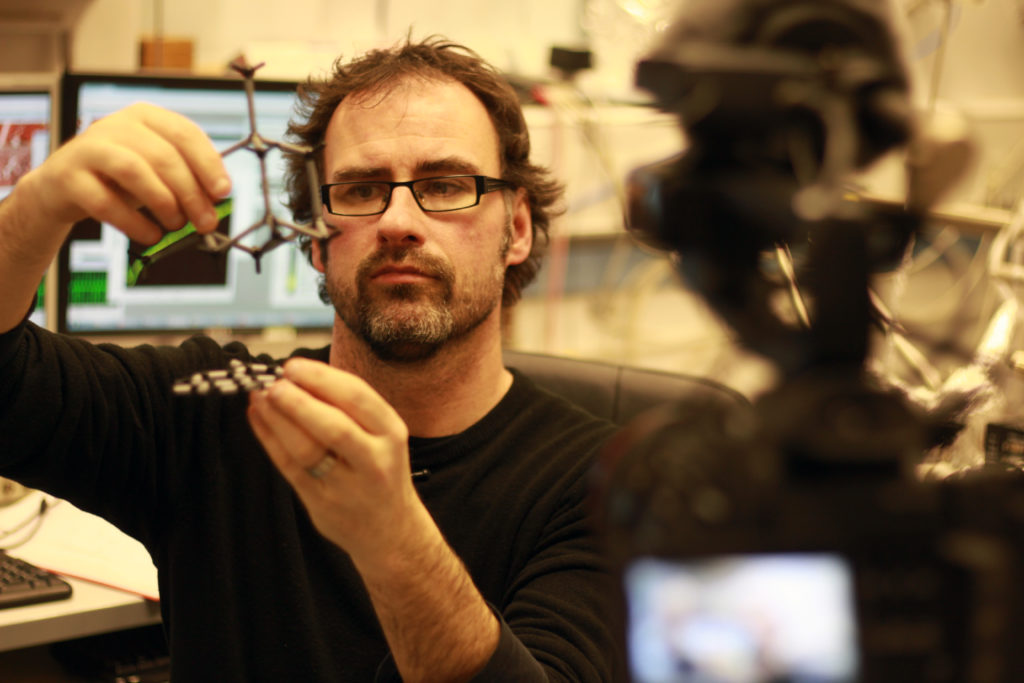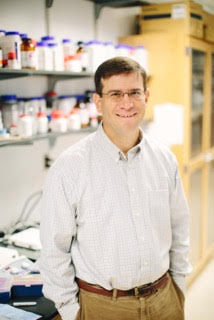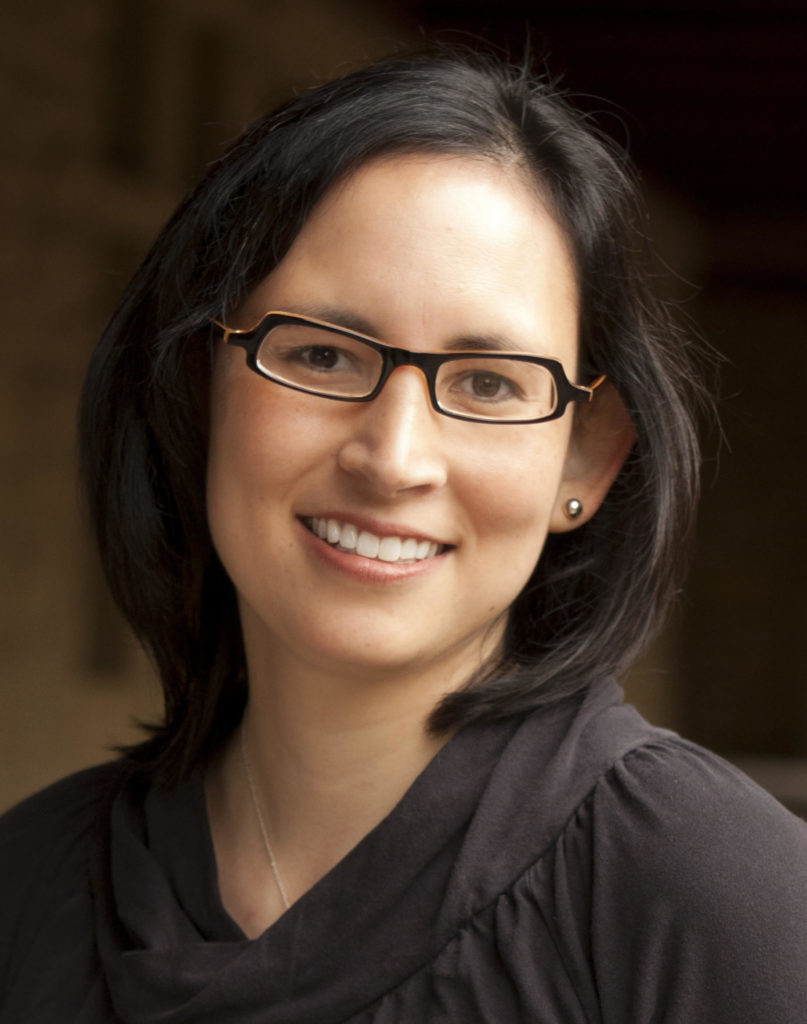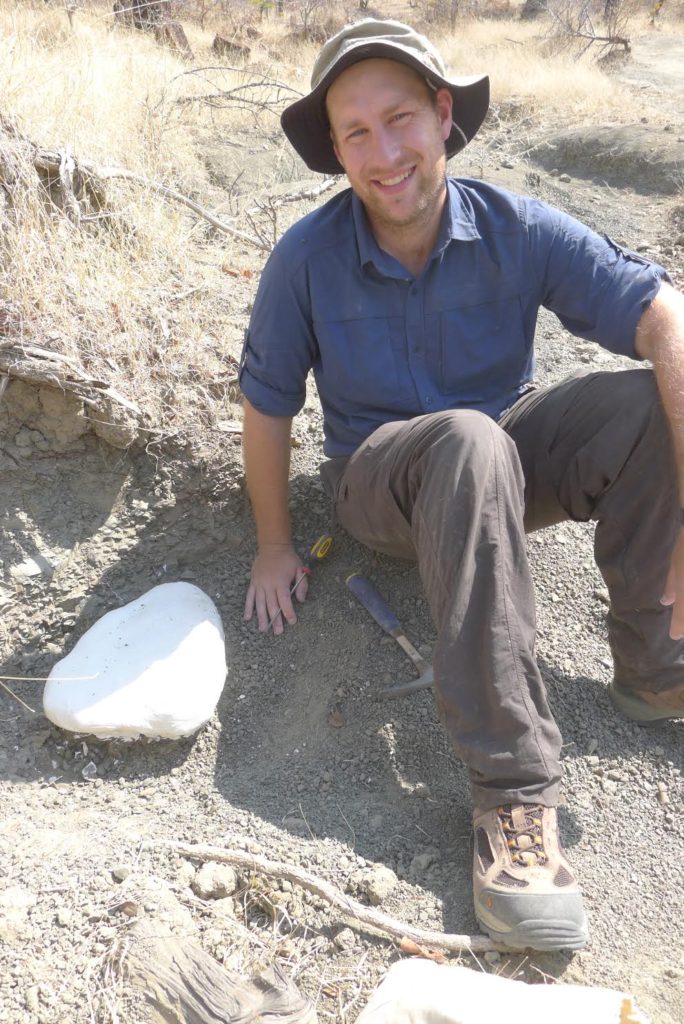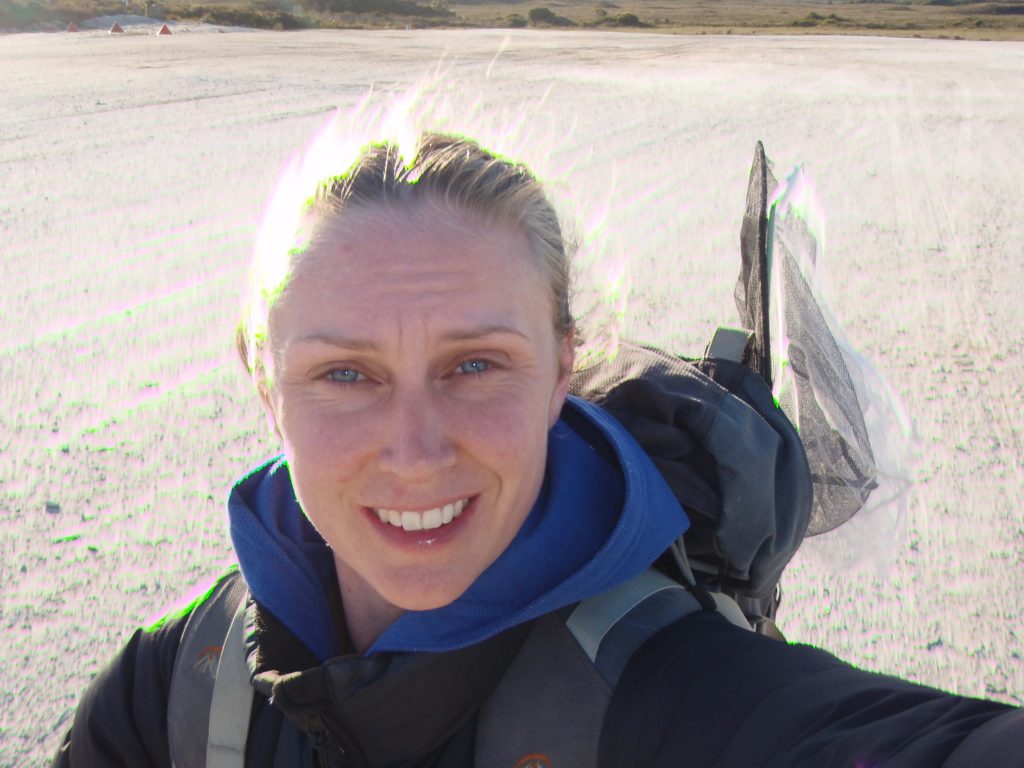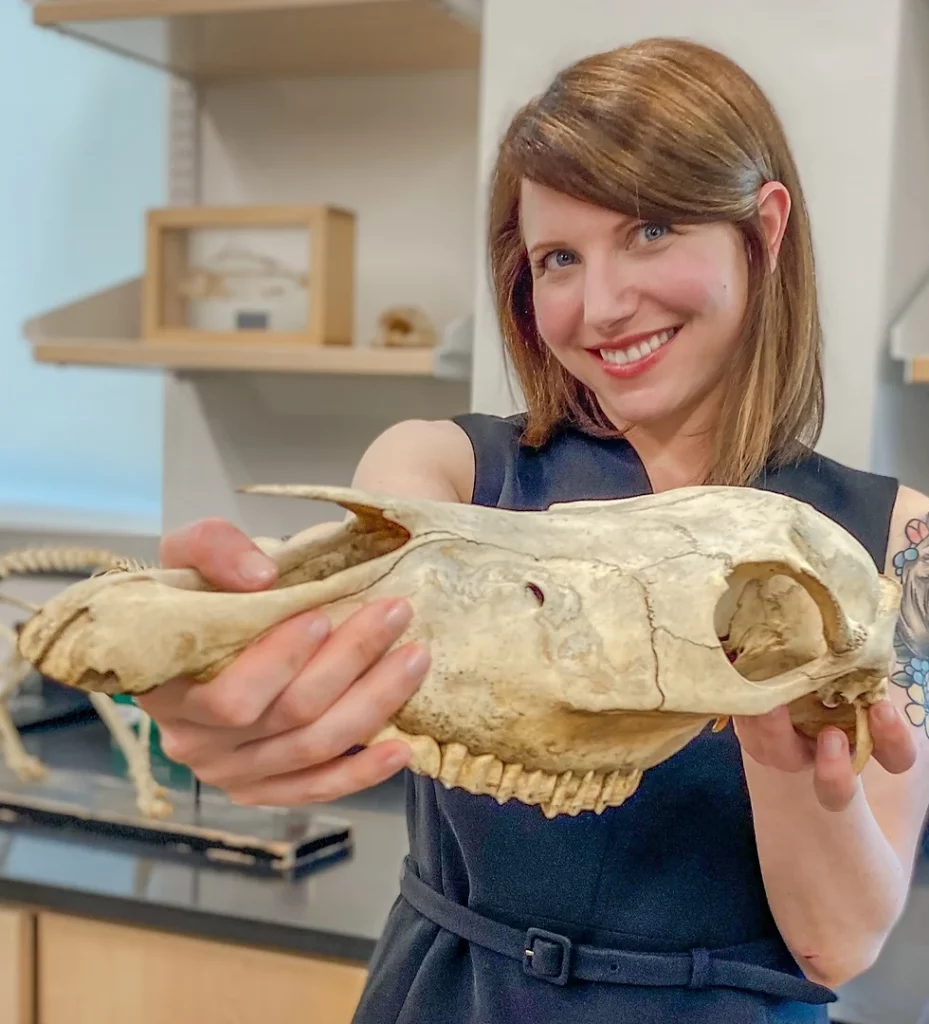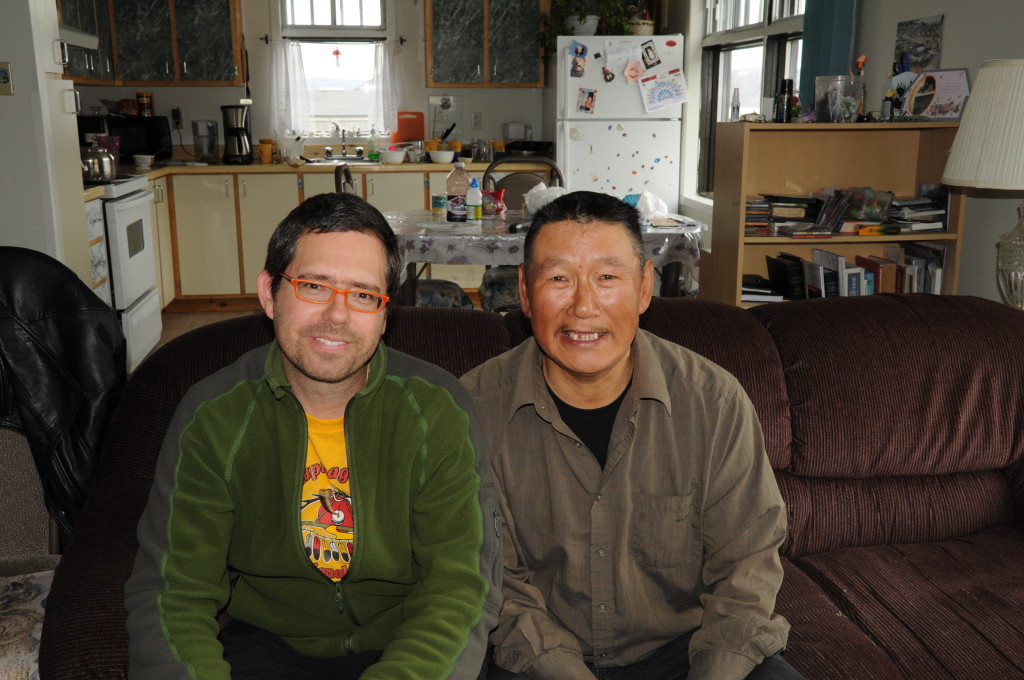Podcast: Play in new window | Download
Subscribe: Apple Podcasts | RSS
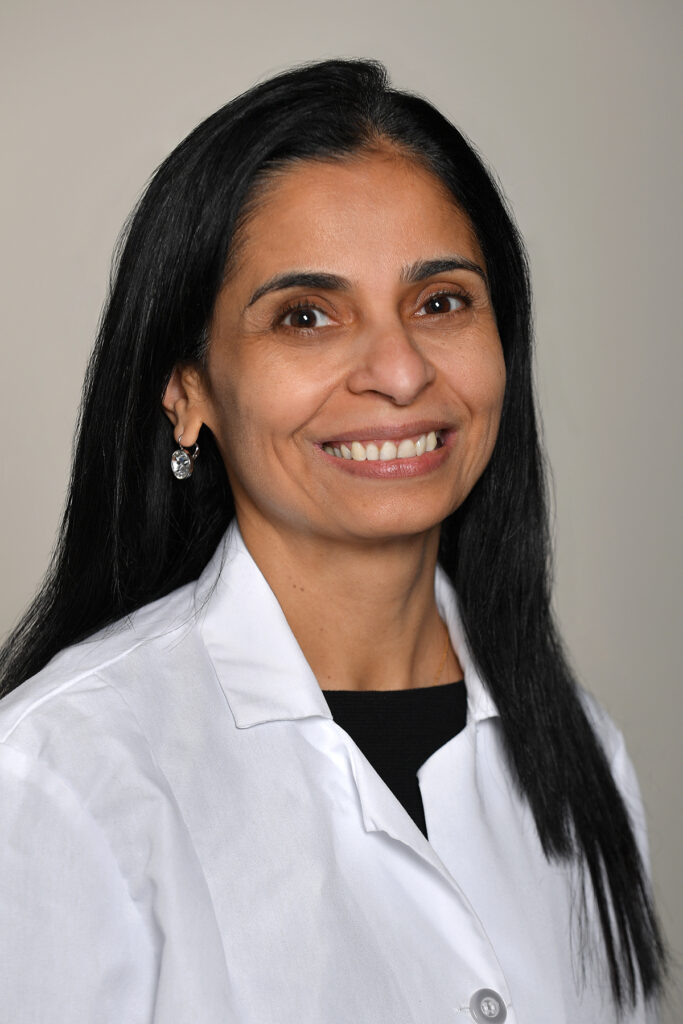 Dr. Ruchira Singh is an Associate Professor and the recipient of the Dean’s Professorship in the Department of Ophthalmology at the University of Rochester Medical Center where she also has joint appointments in the Department of Biomedical Genetics and the Center for Visual Science. Ruchira received a bachelor’s degree in computer science from Jawaharlal Nehru Technological University (JNTU) in India, and she completed her graduate studies in Physiology at Kansas State University. Next, Ruchira conducted postdoctoral research in Pharmacology at Yale School of Medicine, followed by a postdoc position in stem cell research at the University of Wisconsin-Madison. She joined the faculty at the University of Rochester in 2014. In this interview, Ruchira discusses her life and science.
Dr. Ruchira Singh is an Associate Professor and the recipient of the Dean’s Professorship in the Department of Ophthalmology at the University of Rochester Medical Center where she also has joint appointments in the Department of Biomedical Genetics and the Center for Visual Science. Ruchira received a bachelor’s degree in computer science from Jawaharlal Nehru Technological University (JNTU) in India, and she completed her graduate studies in Physiology at Kansas State University. Next, Ruchira conducted postdoctoral research in Pharmacology at Yale School of Medicine, followed by a postdoc position in stem cell research at the University of Wisconsin-Madison. She joined the faculty at the University of Rochester in 2014. In this interview, Ruchira discusses her life and science.
